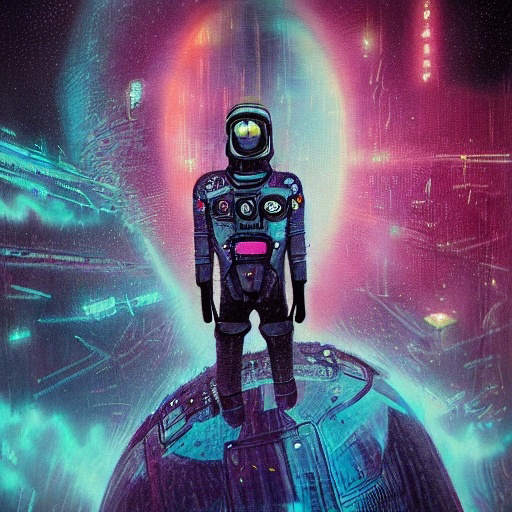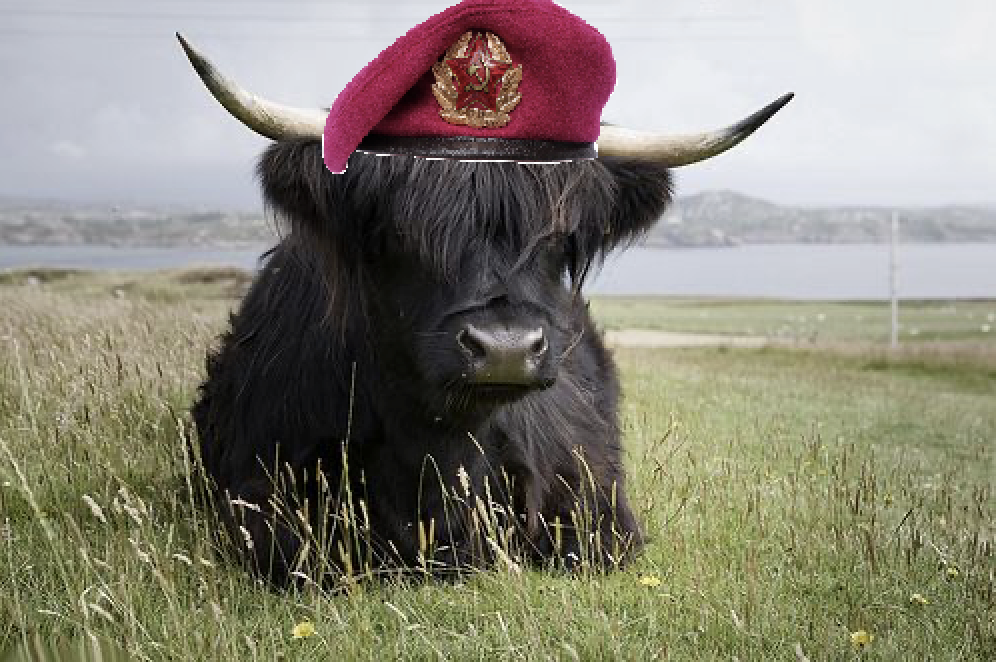Notes:
1.Yes, there are some libby liberal books there. I started collecting as a very…patriotic social democrat, so that’s why I have a couple copies of the constitution and Theodore Roosevelt’s autobiography and such (I still do like Common Sense though)
2.Blank spines are (from left to right), the communist manifesto, dialectical and historical materialism [by J.V Stalin], Gaddafi’s Green book, an inquiry into the origin of the wealth of nations [Adam smith], The Dao De Jing [Lao Tzu, not blank but the light might make it hard to read]
3.Havent read all of these. Capital is…its capital. The Sun Yat-Sen and Mao focussed books (not including quotations) are recent purchases. I’m current reading through China’s Economic Dialectic and America Against America, and a lot of the fiction is unread since I have to be in a specifc mood and that mood doesn’t appear often
4.My favorite is still probably Quotations from Mao Zedong. It was my first theory book and really set me on the straight and narrow and helped me really understand what I needed to do (I mean, maybe I have a pantheon of books but that doesn’t mean I book worship. /joke)
5.I don’t only read. I wish I could, but I do have to do stuff outside of my room
Don’t apologize or feel bad for having lib books. You should be proud of your books. Lenin implored us several times to learn even or especially bourgeois culture, not just Communist proletarian culture. I mean, fuck Teddy Roosevelt but we should study as much as possible including enemies.
This is a good collection! Have you read the Xi books? I’ve wondered if they were worth it for a while and whether to check them out.
I’ve only read the first volume, but so far it seems good. But also it is a little outdated since that was made back in like, 2014 I think. So for instance the first centenary goal hadn’t been met yet. But it is very helpful in generally understanding Chinese policy and development. I think one of thr most important sections is on pages 132-133.
“Now, the total population of well-off countries in the world is about 1 billion, while China has more than 1.3 billion people. If we are all to become modernized, the well-off population must more than double. If we are to consume as much energy in production and daily lives as the present well-off people do, all the existing resources in the world would be far from enough for us! The old path seems to be a dead end. Where is the new road? It lies in scientific and technological innovation, and in the accelerated transition from factor-driven and investment-driven growth to innovation-driven growth.”
As someone who still kinda followed the keynsian “muh consumption” ideas this was very helpful in setting my brain on the right track. Although more detailed works like “China’s Economic Dialectic” [Cheng Enfu] are important for ironing out the details
That edition of Das Capital from penguin is very good
You have some great books in your bookshelves.





